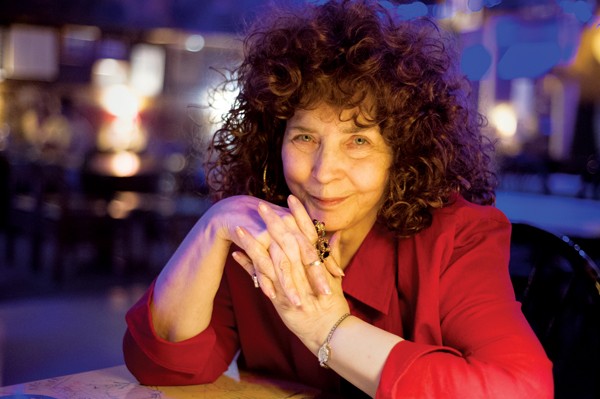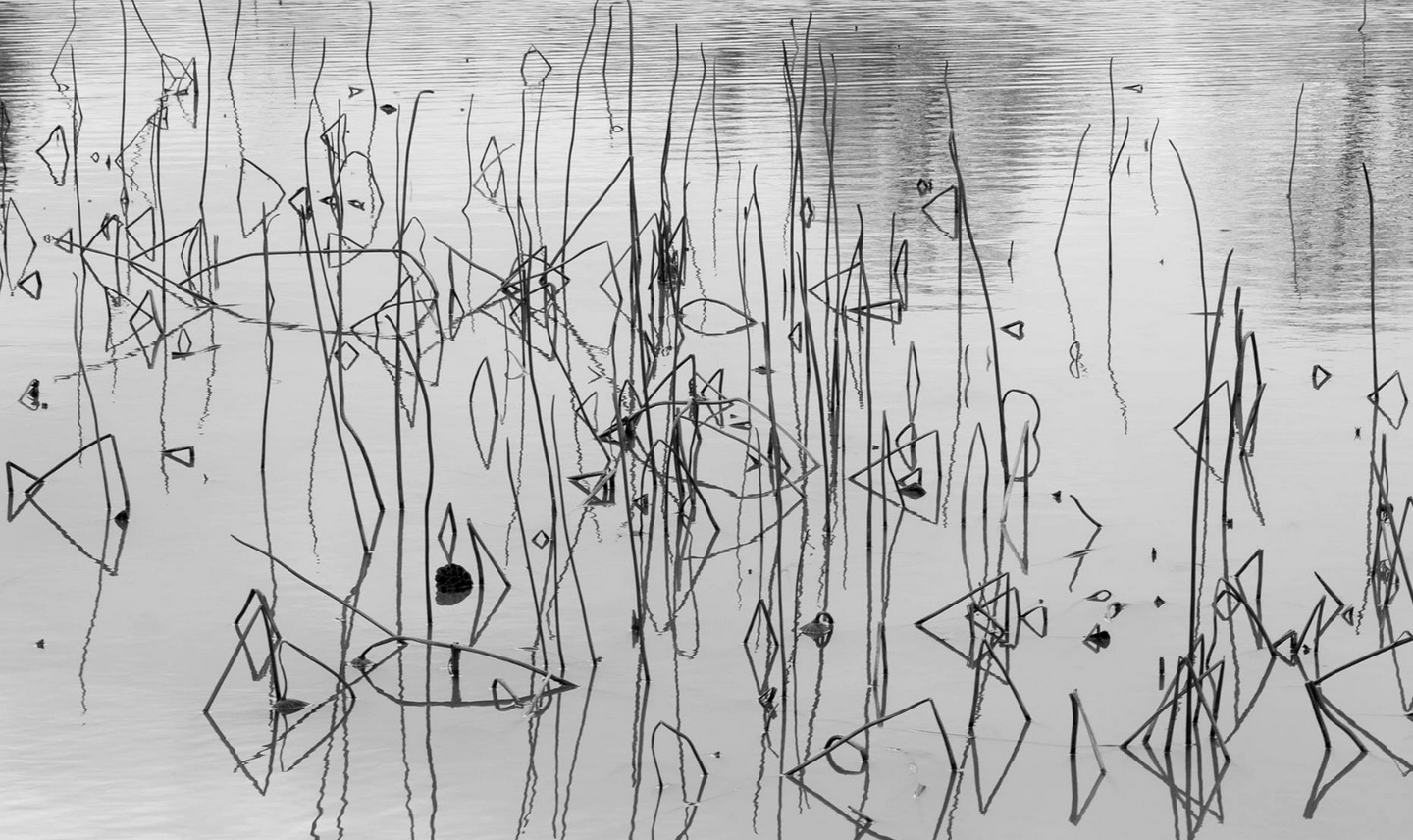
The first person I met at the P&H Cafe wasn’t the beer joint’s famous proprietress, Wanda Wilson. It was Martha Sue Campbell from Florence, Alabama, a longtime beer-and-hash slinger who passed away last April. Sue frowned at me and squinted, which I later discovered was her way of smiling, and gave me the once-over twice. I was new in town, only 18 years old, and sure she was going to ask for an I.D. that I didn’t have. Instead, she took my order and asked if I’d like to hear a joke.
“Do you know which two toes a woman’s most ticklish between?” Sue asked, frowning even harder, which meant she was about to bust a gut. Before I could reply she blurted out, “The big ‘uns,” and we both frowned and frowned and laughed and laughed. I was a country kid, on my own for the first time in a city I didn’t know. But watching my funny new acquaintance waddle through a swirling curtain of cigarette smoke to fetch my cheeseburger and gazing for the first time at all those strange, nicotine-browned murals of famous (and infamous) locals like banker, politician, and mega-fraud Jake Butcher, and Dana Kirk, Memphis State’s ticket-scalping basketball coach, I knew I had somehow landed in safe harbor, right where I belonged.
Like so many other “poor and hungry” artists, musicians, actors, authors, journalists, roustabouts, and straight-up weirdos, I was immediately intrigued by Wanda Wilson. She always wore a big, curly, blonde wig, a feather boa, and a hat that she might have won from Mae West in a poker game. She chain-smoked cigarettes from a long, jeweled cigarette holder and called everybody “darlin'” in a husky Parsons, Tennessee, drawl that reminded me of home.
Wanda reminded many people of home, no matter where they came from.
Last Friday, Wanda Wilson shuffled off this mortal coil, leaving Memphis a poorer and hungrier place. She was Midtown’s muse, and many artists painted her portrait, though few captured her timelessness like Paul Penczner, whose impressionist works once hung in the bar. She was the patron saint of the local theater community, and a real life honky-tonk angel, famous for her generosity and a love of lost souls. Chances are, if you were ever a regular at her beer joint and found yourself down on your luck, she’d offer to start a tab before you asked, buy your first round, offer a job if she could, and a place to stay until you were back on your feet.
One particularly busy night, Wanda told me to “jump behind the bar” and get my own beer. “Act like you belong here,” she scolded, unconcerned with any potential ABC violations.
“Act like you belong here” was something I’d hear her say to many other customers. It wasn’t just permission to self-serve; it was the golden rule, and the one thing you really had to do to become a part of the P&H family. Like she once told an old friend whom she’d thrown out for bad behavior (and invited back with open arms): “This isn’t a bar sweetie. It’s an orphanage for the misunderstood.”
Wanda was mugged one summer night in 1999 while leaving the bar with the evening’s bank deposit. The girls of Memphis Confidential Burlesque — more P&H orphans — concocted a plan to stage a pudding-wrestling event to recover the losses, and Jerry Lawler agreed to referee. Somehow I found myself in the middle of it all, in a kiddie pool filled with chocolate pudding, wearing a grass skirt and coconut boobs, wrestling three women, and feeling like I’d stumbled into some lost chapter of John Steinbeck’s Cannery Row. Hundreds of people paid cash money and lined up 20-deep to take in the gender-bending, fire-breathing, bodice-ripping show.
“I love you for thinking of this, but I don’t need the money,” Wanda told the event organizers. “Let’s give it to Hands on Memphis.”
That’s who she was.
Wanda traveled to Hollywood when Craig Brewer’s P&H-inspired film, The Poor & Hungry, had its big moment at the Hollywood Film Festival. I will never forget the moment when she arrived on the Paramount lot, wearing a stunning black gown covered with tiny gold coins. When someone asked about her outfit, she proudly announced, “A drag queen gimme this dress, darlin’.” Even in a city accustomed to seeing stars, this Memphis glamor girl could turn heads.
Losing Sue last year was hard, but I’m still having trouble imagining a world without Wanda Wilson. When I had no family in Memphis, Wanda and the P&H regulars stepped up. Now we’re orphans all over again.
 Brandon Dill
Brandon Dill  Photo by Fontaine Pearson
Photo by Fontaine Pearson 
 Brandon Dill
Brandon Dill